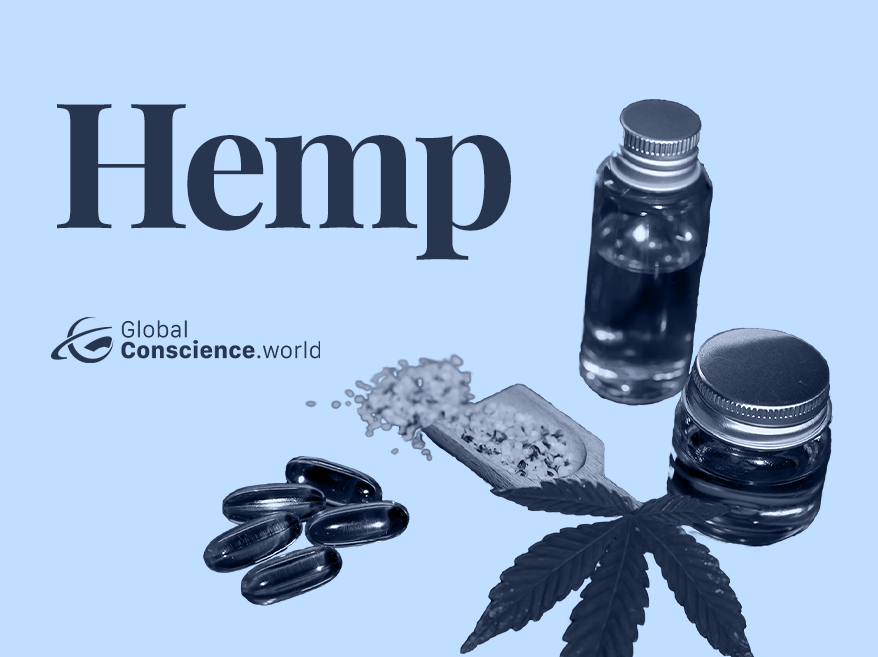Hemp

Hemp is a controversial topic due to its link to marijuana. So hemp’s environmental benefits are overshadowed. Hemp can not produce a “high” but instead can be used for other purposes, including making oils, pet food, bedding, clothes, rope, and other textiles. Items derived from hemp are non-toxic, renewable, and biodegradable. The use of hemp and hemp-derived products are infinite, but due to marijuana stigma, its environmental contributions are overlooked.
Hemp plays a crucial part in a cleaner, more sustainable future.
What is Hemp?
According to Wikipedia, hemp, or industrial hemp, is a variety of the Cannabis sativa plant explicitly grown for industrial use and can make a wide range of products. Along with bamboo, hemp is one of the fastest-growing plants on Earth.
Plus, hemp is a low-maintenance plant that needs little resources to grow and can be grown in many different climates, soil types and is perfect for weed suppression.
Environmental benefits of hemp
Less use of fossil fuels
Hemp can be used to make oil and other biofuels, making it a more sustainable, low-cost alternative to damaging fossil fuels.
Saves our farms
When grown in rotation with wheat, hemp has been shown to increase the yield by 20%. Also, hemp is naturally resistant to pests resulting in fewer chemicals being released in the air. A vibration called Sunn Hemp is high in nutrition for livestock grazing.
Can end deforestation
Hemp is a great alternative to wood and is actually much stronger. Not only that but it can be grown much cheaper. Hemp can even be used to make paper and significantly cut building costs.
Reduction in landfill use
The United States alone produces 600 million tons of construction waste which ultimately ends up rotting in landfills releasing toxic amounts of methane,carbon dioxide and even ammonia. Hemp-based products can be used to make drywall and siding. With hemp’s biodegradable properties, it reduces the amount of greenhouse gas emission.
Sustainable Plastics
Globally 367 million metric tons of plastic was produced in 2020. Bioplastics are durable and since it is not made from fossil fuels hemp does not produce carbon dioxide when it decomposes making it the perfect swap for traditional plastic packaging.
Source :
GCW


